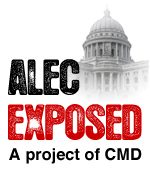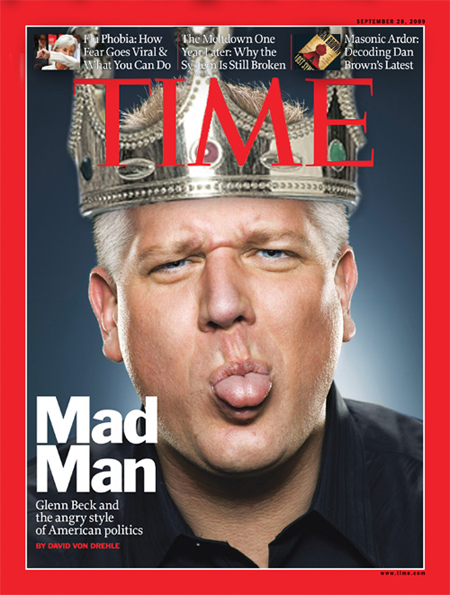ALEC and the Tobacco Industry
 The American Legislative Exchange Council (ALEC) is an influential, under-the-radar organization that facilitates collaboration between many of the most powerful corporations in America and state-level legislative representatives. Elected officials then introduce legislation approved by corporations in state houses across the U.S., without disclosing that the bills were pre-approved by corporations on ALEC task forces.
The American Legislative Exchange Council (ALEC) is an influential, under-the-radar organization that facilitates collaboration between many of the most powerful corporations in America and state-level legislative representatives. Elected officials then introduce legislation approved by corporations in state houses across the U.S., without disclosing that the bills were pre-approved by corporations on ALEC task forces.
ALEC has had a long relationship with the tobacco industry. To explore this relationship, we studied publicly-available tobacco industry documents found in the Legacy Tobacco Documents Library (LTDL), an electronic archive created by the University of California San Francisco that contains 70+ million pages of previously-secret, internal tobacco industry documents obtained in the discovery phases of the 46 state attorneys general lawsuits against the tobacco industry. Those lawsuits were resolved in 1998. The documents were made public as a term of the 1998 Master Settlement Agreement between the states and the tobacco industry. Before now, ALEC documents in this database have not been a major focal point.

 The
The  In the 2010 elections,
In the 2010 elections,  On July 28, 2009,
On July 28, 2009,